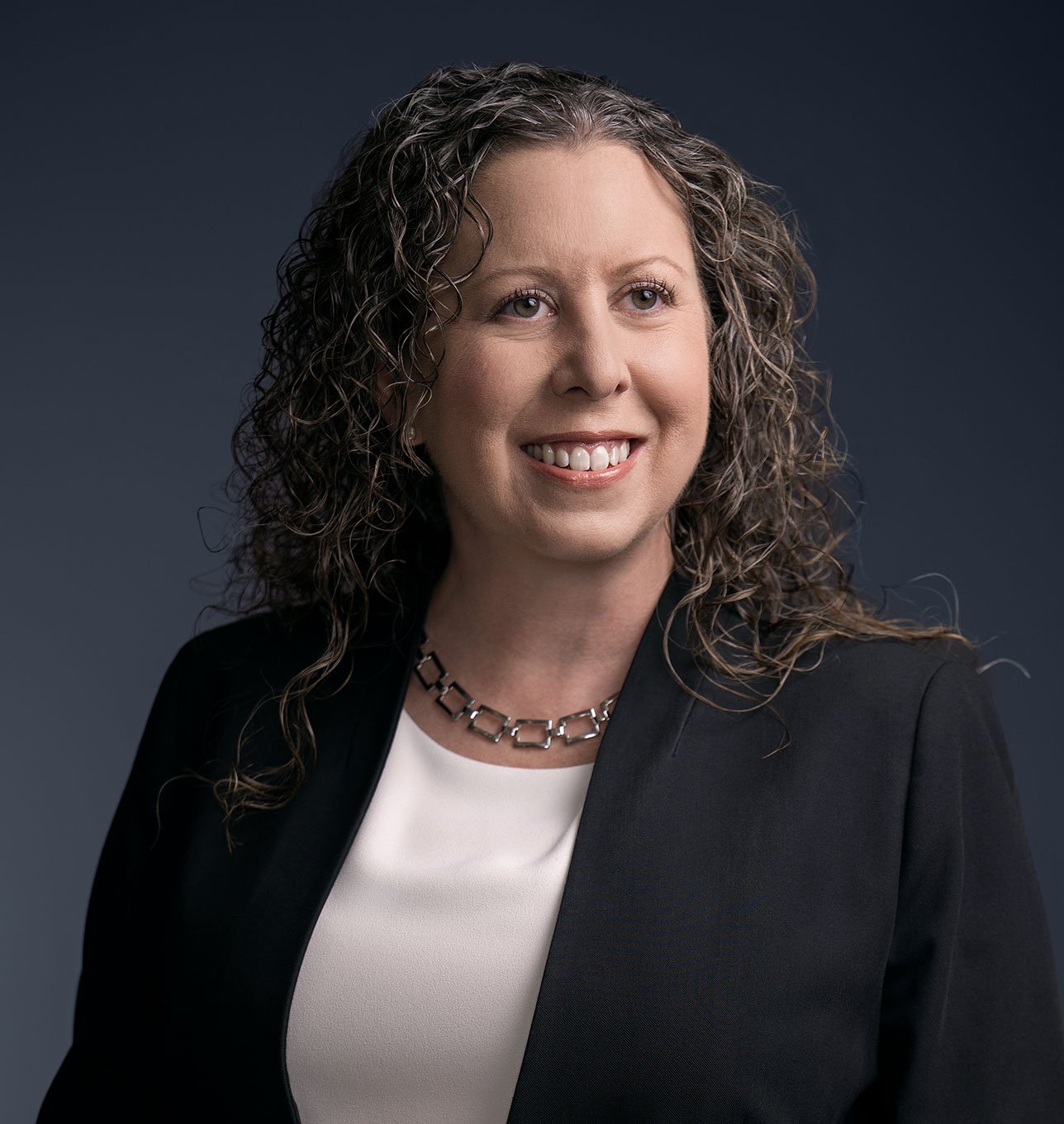New York Introduces Legislation to License Broader Range of Commercial Finance Activities
In what has become something of an annual ritual, the New York legislature has once again introduced a law to license certain providers and brokers of commercial-purpose financing with the introduction of Senate Bill 1450 (“SB 1450”) in January.
If enacted, SB 1450 would require a license to engage in the business of “making or soliciting” “commercial financing products” in an amount of $500,000 or less to New York-located businesses. The bill defines “making or soliciting” to include (1) providing qualifying commercial financing, (2) marketing commercial financing provided by a third-party financer, (3) receiving a commission for referring a small business to a financer, or (4) entering into a bank partnership agreement with a federally- or state-chartered bank under which the bank originates covered commercial financing products. The bill defines a “commercial financing product” broadly to mean “any advance of funds to a commercial or business enterprise made for the purpose of assisting the business with its capital needs,” which would include:
- A secured or unsecured loan or line of credit of $500,000 or less made to a business
- A purchase of a business’s receivables or revenue if any single payment or advance of the purchase price is in the amount of $500,000 or less
- A lease where any funds are provided in the amount of $500,000 or less
The legislation provides several exemptions from the licensing obligation and other provisions of the bill. SB 1450 would exempt from all of its requirements:
- Any person who makes or solicits five or fewer commercial financing products within any 12-month period
- Any banking organization as defined under New York’s banking law
- Any federal credit union
- Any insurance company
- Any transaction that is intended to be a purchase of the ownership, in whole or part, of a business or commercial enterprise
The bill would also exempt any lender of money that is licensed (in some capacity) in New York in connection with a transaction that is subject to the New York Licensed Lenders Law. However, that exemption is narrowly worded and applies only with respect to loans that are subject to the Licensed Lenders Law—loans of $50,000 or less to individuals with interest and charges exceeding a 16% annualized rate. The implication of this limited exemption is that a lender who is licensed under the Licensed Lenders Law would be required to obtain an additional license if the licensee originates a covered commercial financing product that is not subject to the Licensed Lenders Law. And, unlike other commercial financing laws that have been enacted in the past several years, SB 1450 does not currently exempt transactions secured by real property.
The statutory overlap would not stop with the Licensed Lenders Law, as New York’s Commercial Finance Disclosure Law requires the delivery of “cost of credit” disclosures related to commercial financing in amounts of $2.5 million or less. So, if SB 1450 is enacted, qualifying commercial financing in an amount of $500,000 or less would trigger both licensing and disclosure requirements in New York.
In addition to licensing, SB 1450 would enact substantive compliance obligations relating to a licensee’s change of address or control filings, examinations, books and records, annual reporting, and advertising, among other obligations. SB 1450 imposes penalties for noncompliance—significantly, financing provided by an unlicensed entity would be void and uncollectible.
New York has introduced similar legislation in past years, such as SB 1061, which was introduced in 2021 but failed in 2022. If enacted, SB 1450 would take effect 180 days after becoming law.




